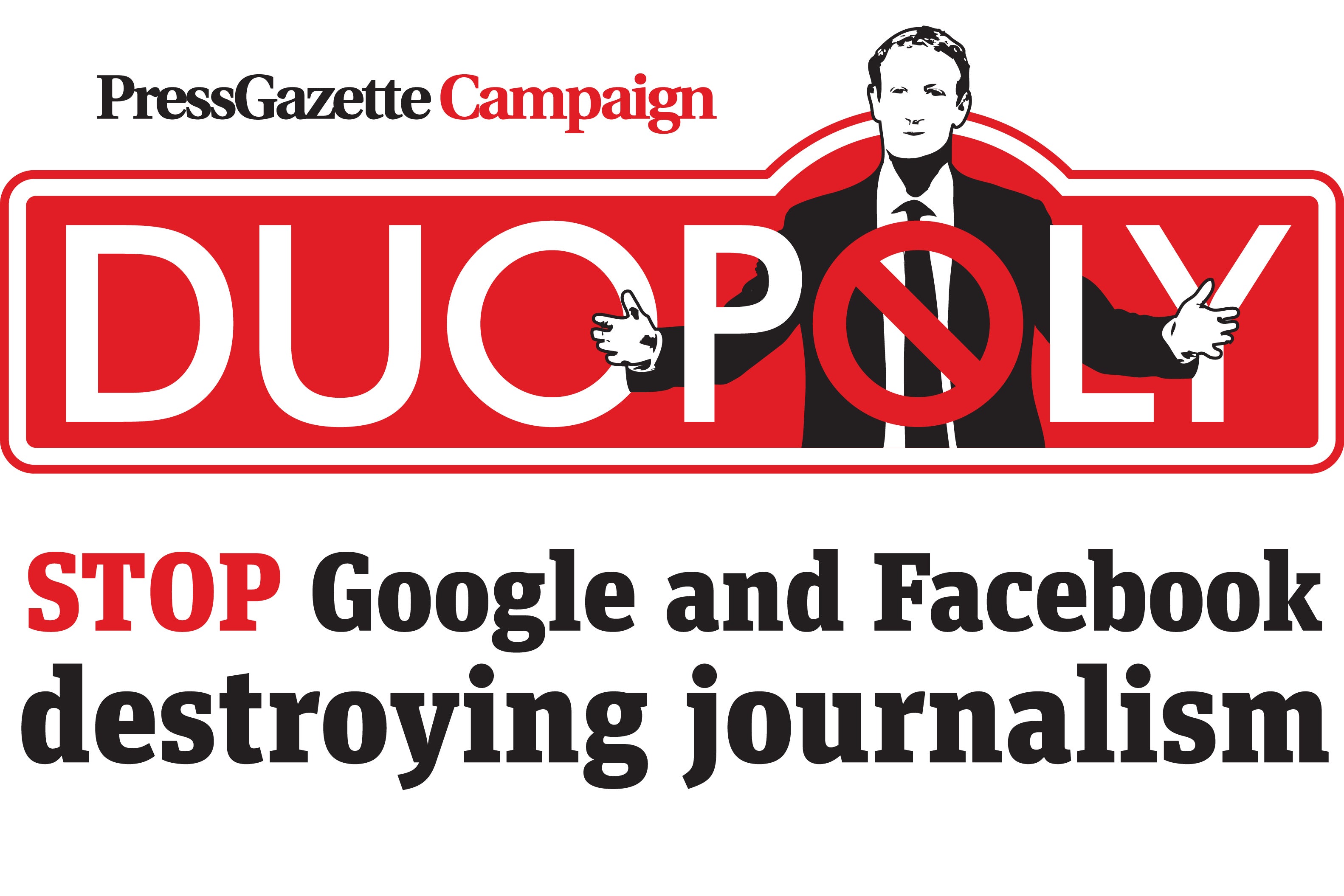
Time is running out for much of the UK’s regional press.
Over the summer 17 weekly newspapers have closed as well as 163-year-old daily the Oldham Chronicle (see full list below).
Elsewhere, surviving titles are having to take drastic action to survive. There have been more editorial cuts and drastic editorial shake-ups as the focus has switched from dwindling print editions to rapidly growing websites.
As anyone involved in journalism or any aspect of public life will realise, the closure of these titles is a calamity. Stories are not told, council meetings uncovered and communities left without a voice.
We only have to look at Kensington and Chelsea to get some idea of what happens when a community loses all local journalism.
For many parts of the UK a new dark age beckons.
Thankfully the picture is not all gloomy. Some publishers have defied the decline by investing in quality local journalism as the launch on Friday of the fortnightly Cranbrook News in Devon last Friday shows.
But local journalism in less well-off parts of the UK is increasingly looking unviable.
The cycle of serious local media decline began with the UK financial meltdown a decade ago when classified advertising – jobs, cars and homes – largely disappeared from the local media never to return.
Over the last year the loss of advertising has accelerated as local businesses increasingly appear to feel that Facebook and Google can serve their needs more cost effectively than local newspapers. Algorithms are afterall cheaper to feed than journalists.
Without advertising income, editorial investment suffers and so the rate of paid-for circulation decline increases.
Last year UK regional press advertising fell by 13.2 per cent to £1bn.
Despite rapidly growing digital audiences, online advertising also fell – down 0.2 per cent to £282m.
Overall, the UK online advertising market grew by 17.3 per cent to £10.3bn – but most of that money went to Google and Facebook, neither of which employ any journalists but both of whom distribute professional editorial content and profit from it.
The Duopoly aren’t the only cause of the decline of the UK regional press – bigger forces even than they are at work.
But as the current recipients of the billions in revenue which once supported thousands of journalists I would argue they have moral imperative to act. And as businesses which profit from a healthy digital content ecosystem action to better reward local news creators would also be enlightened self interest.
Both have already taken limited steps in this direction through the Google Digital News Initiative (which offers grants to news providers) and the Facebook Journalism Project (which has looked at ways to return more revenue to them).
I would argue that if the UK’s two biggest media companies are serious about helping the local journalism industry they need to do more, and fast, or else it will be too late.
Paper cuts:
4 September
Trinity Mirror’s Bedfordshire on Sunday: Website closed and editor axed as title moved to mid-week publication.
(This came after the closure in October 2016 of sister titles OneMK, Luton on Sunday and the Northampton Herald and Post with the loss of six editorial jobs).
September 1
Trinity Mirror closed the free Canterbury Times as well as its editions in Whitstable, Herne Bay and Faversham
September 1
Independently owned Oldham Chronicle closed with loss of 49 jobs. Monthly titles Oldham Extra, Saddleworth Extra, Tameside Extra and the Dale Times also to go. The title had a daily circulation of just over 6,000 per day in the first half of 2017.
August 29
Trinity Mirror closed Cambridgeshire based weeklies the Newmarket News, Haverhill News and Ely News.
August 18
Independently-owned weekly Cleethorpes Chronicle closed with the loss of five editorial jobs.
26 July
Tindle announced closure of London-based weeklies the Enfield Advertisers, Haringey Adverister and Barnet Press with the loss of six editorial jobs
London weekly titles the Kensington and Chelsea News, Fulham Chronicle, Hammersmith Chronicle and Shepherd’s Bush Chronicle all closed after Capital Media Newspapers went into administration. The flagship South London Press was saved after being bought by a leaflet distribution business.
23 June
Johnston Press announced Hemel Express, Berkhamsted & Tring Gazette and Hemel Hempstead Gazette merged to form the Hemel Hempstead Gazette & Express meaning a net loss of two titles.
20 June
Trinity Mirror clossed the fortnightly Wirral News.
Email pged@pressgazette.co.uk to point out mistakes, provide story tips or send in a letter for publication on our "Letters Page" blog
